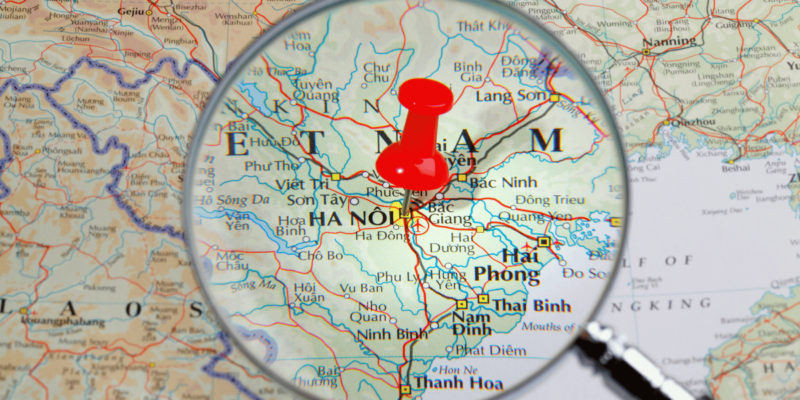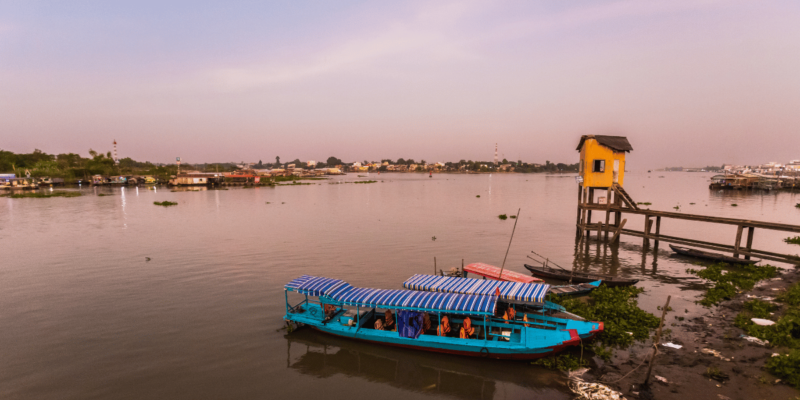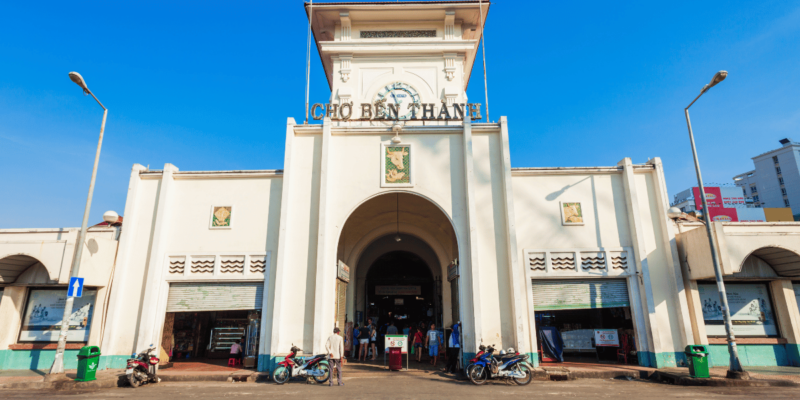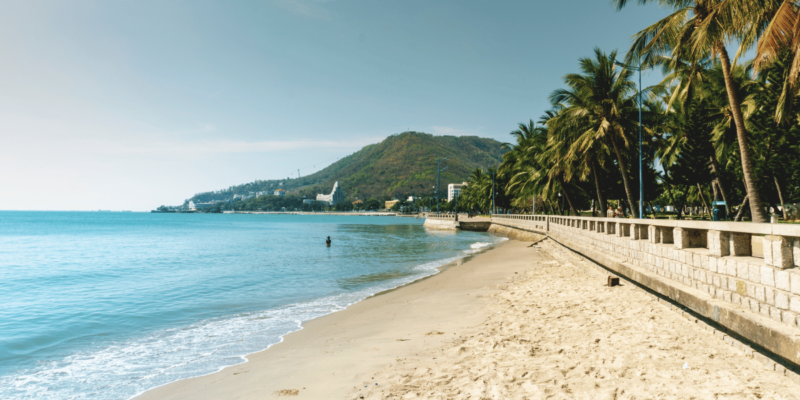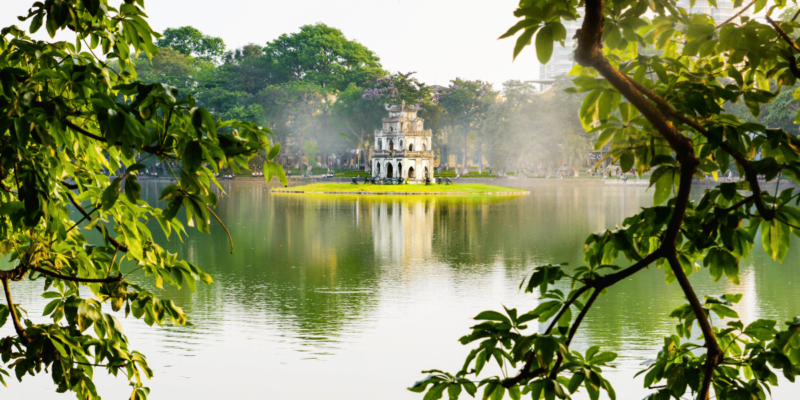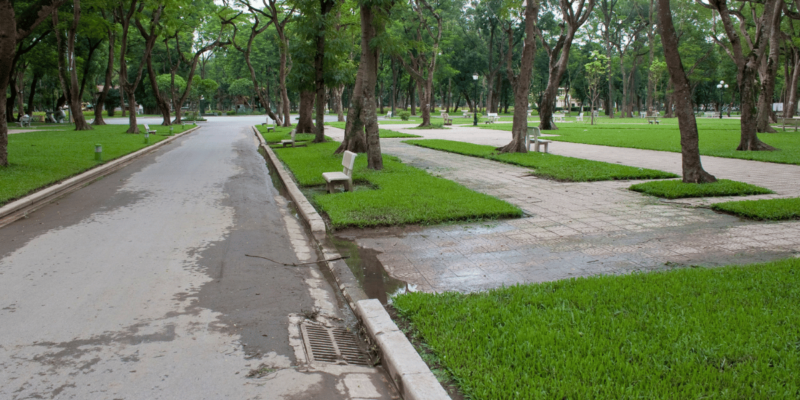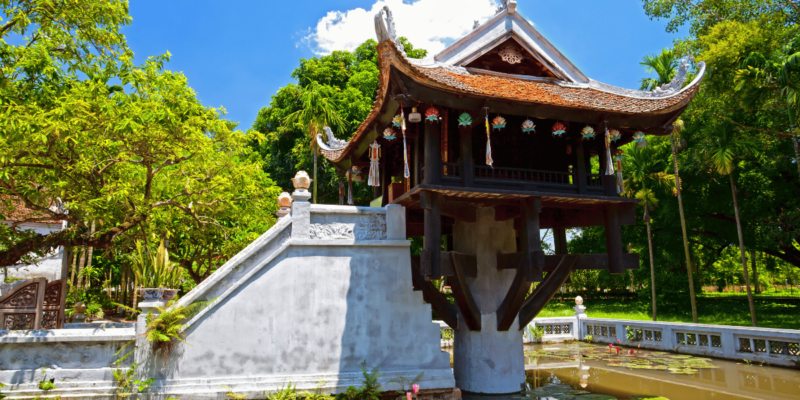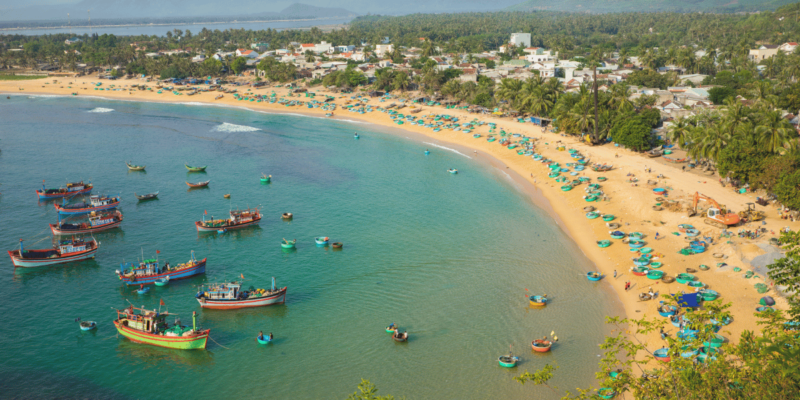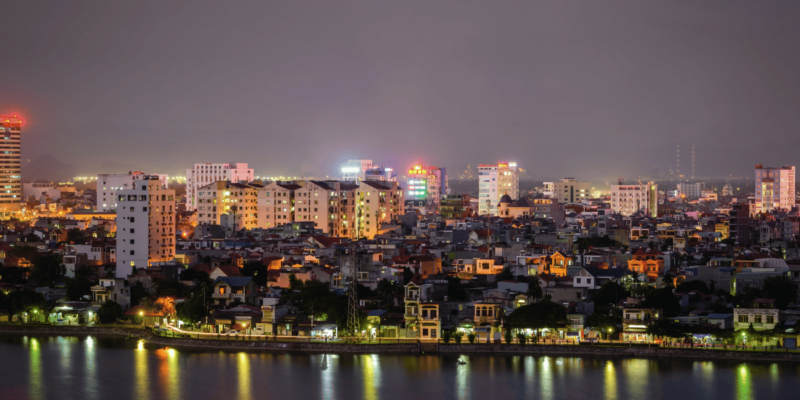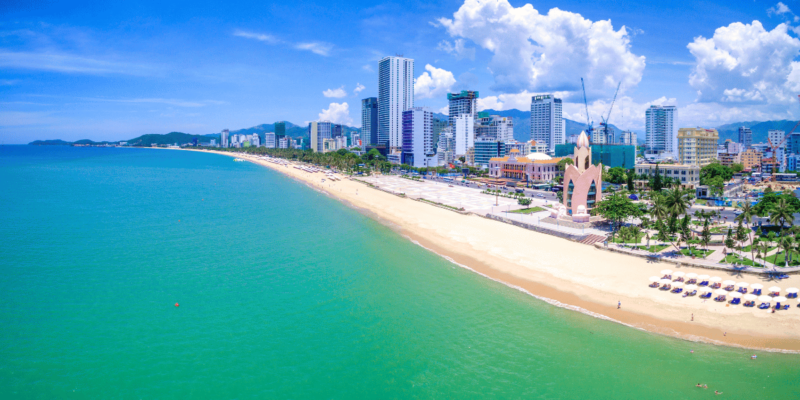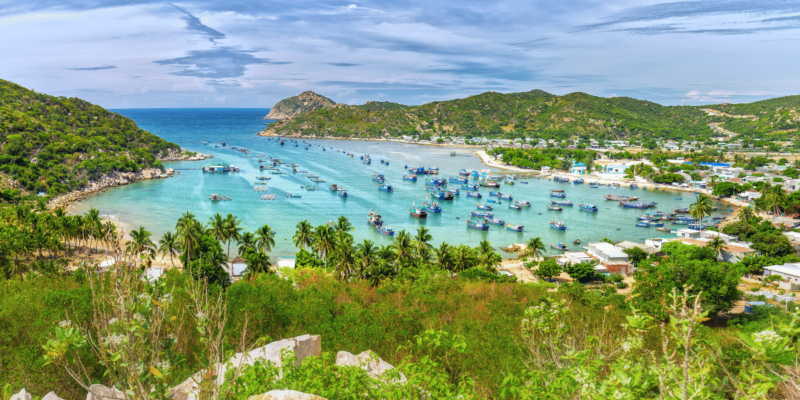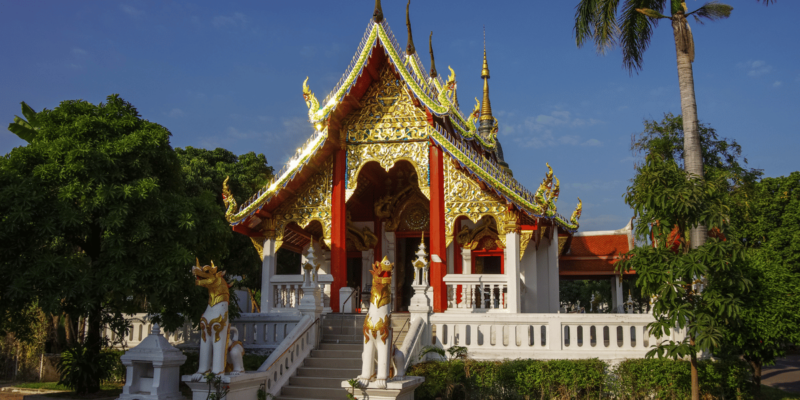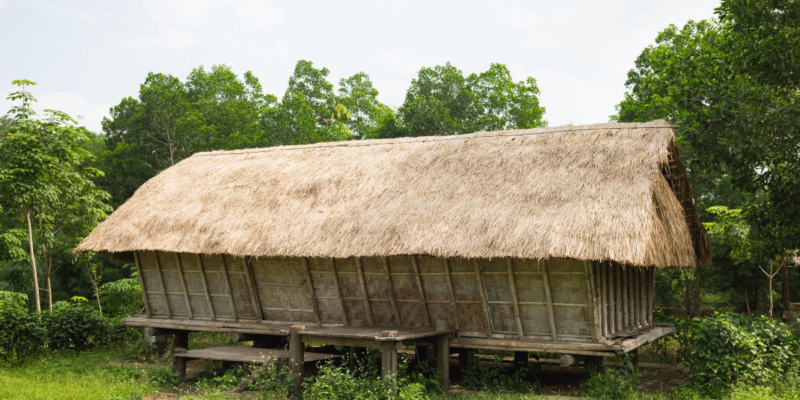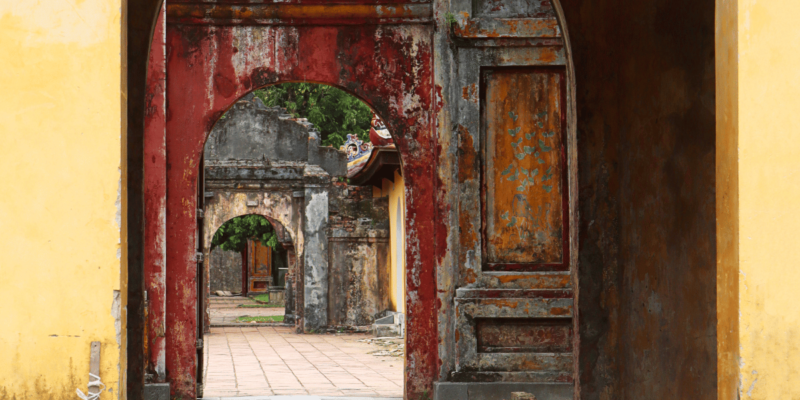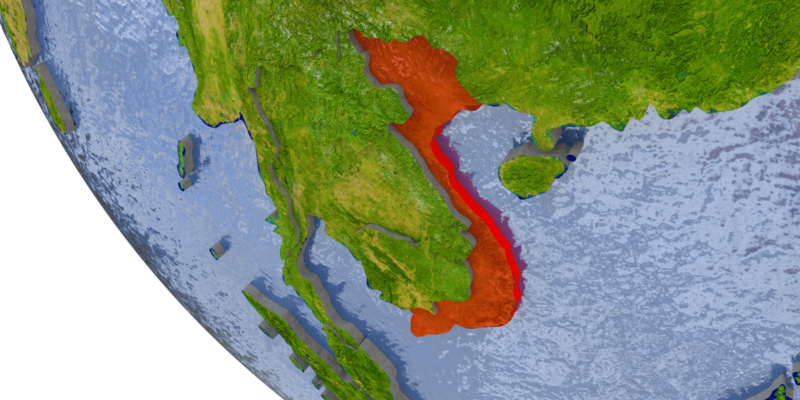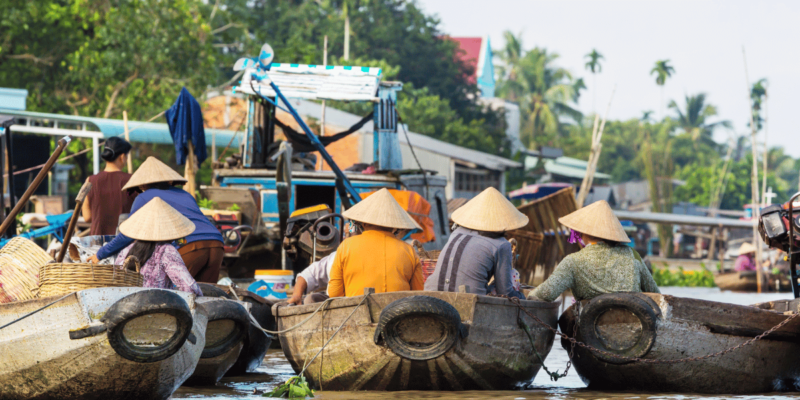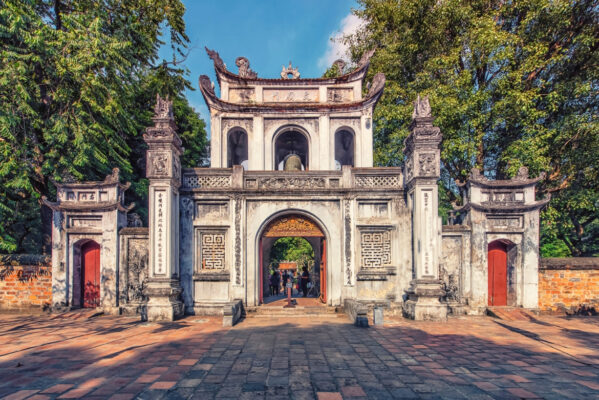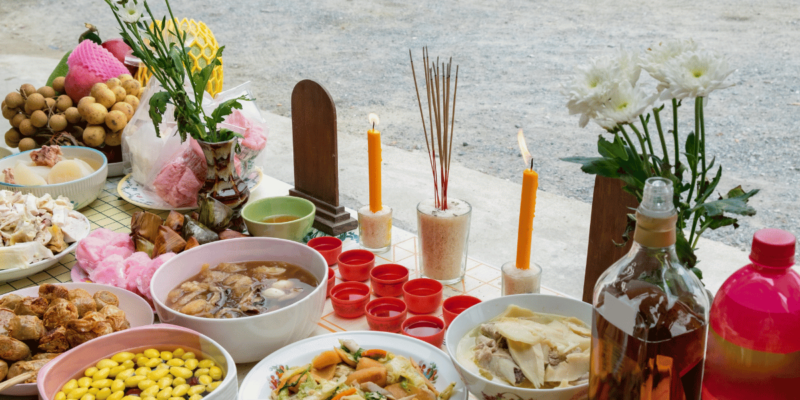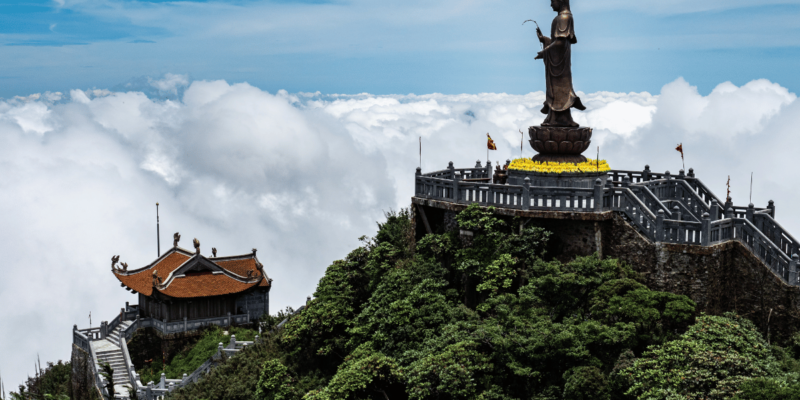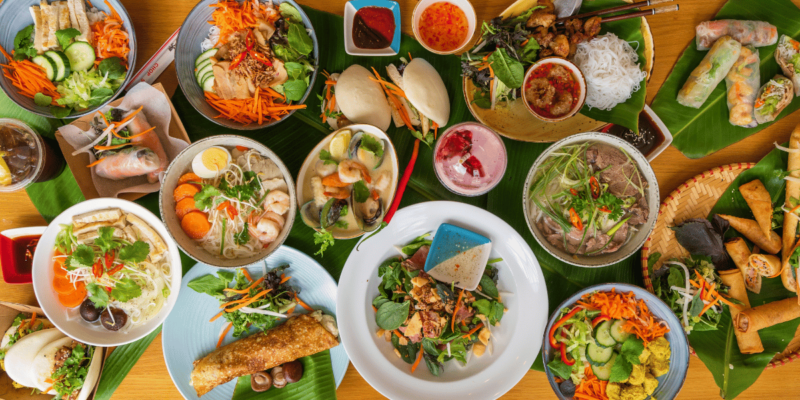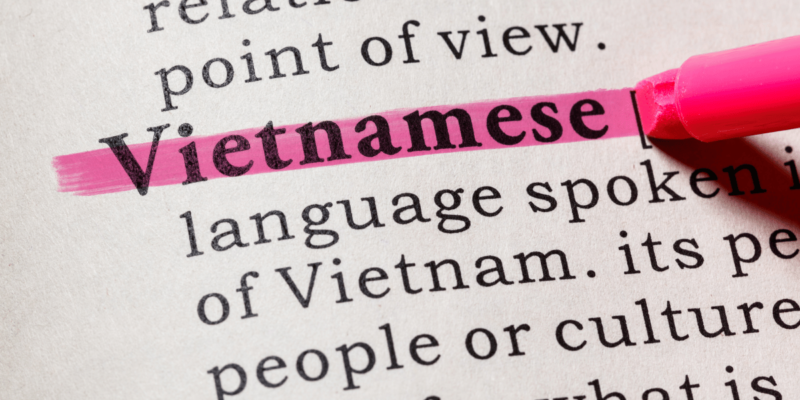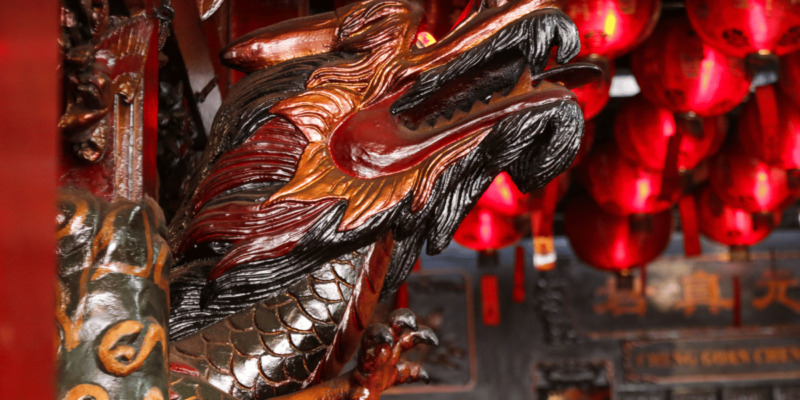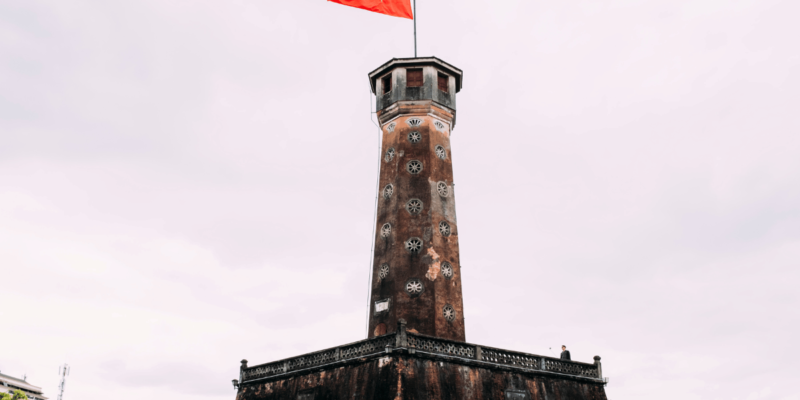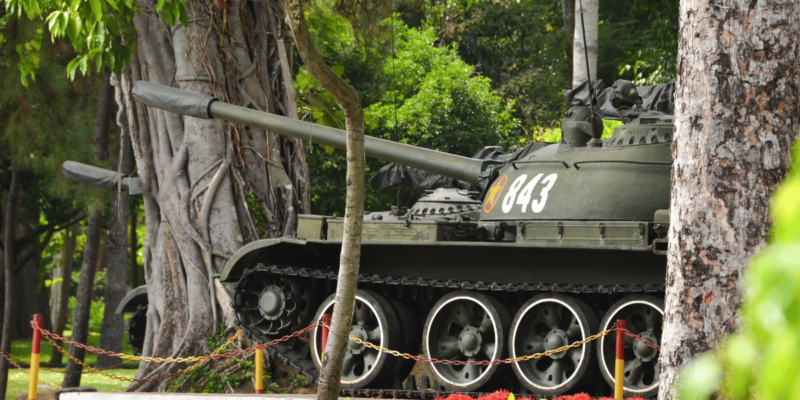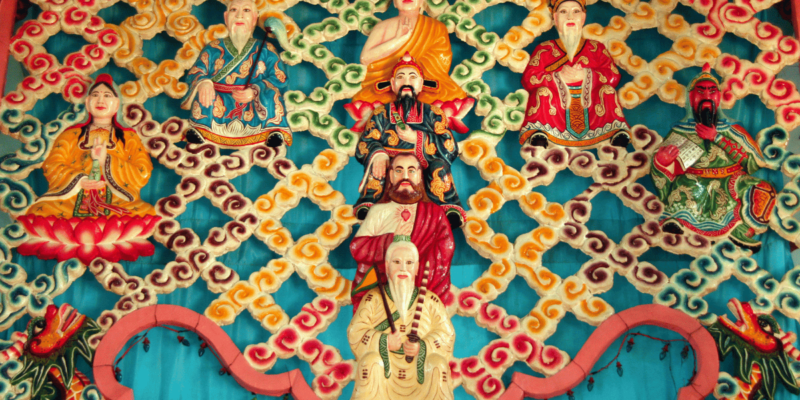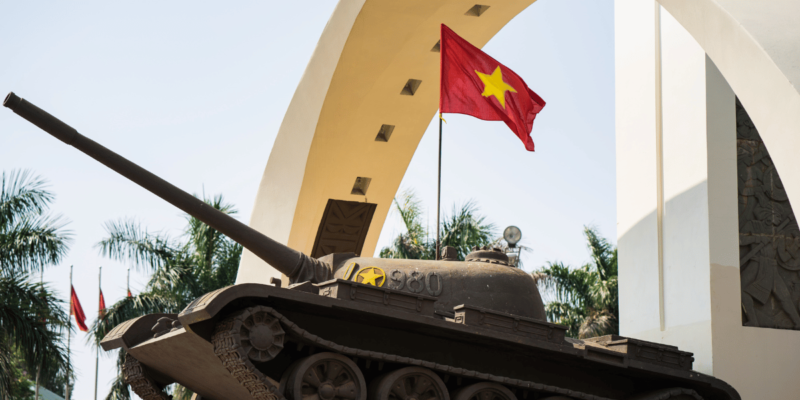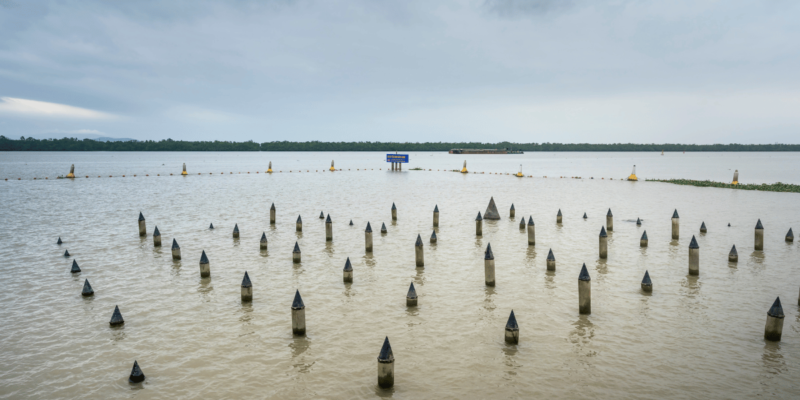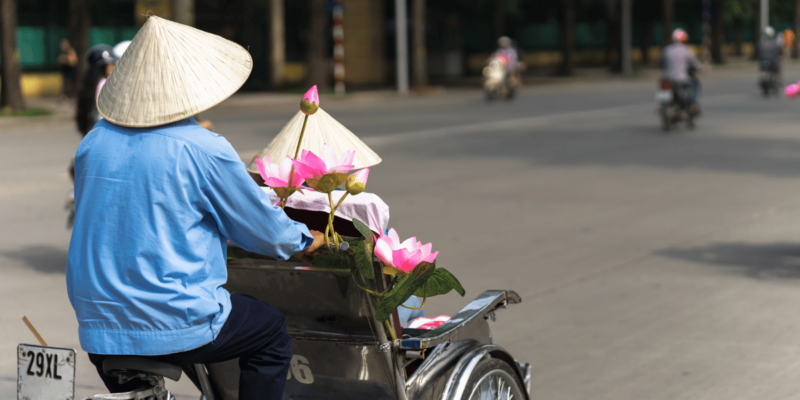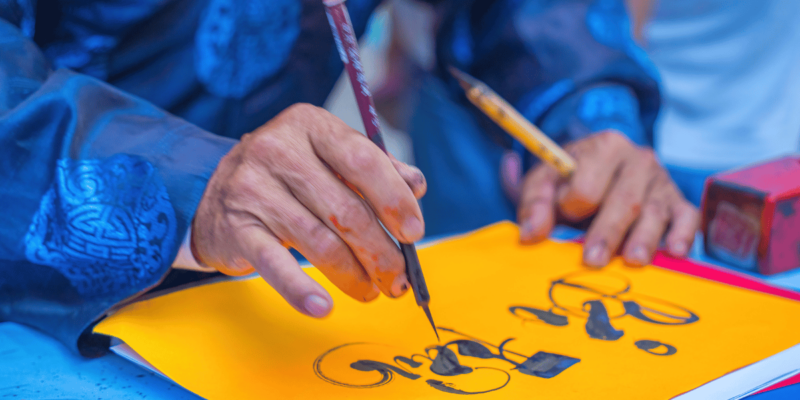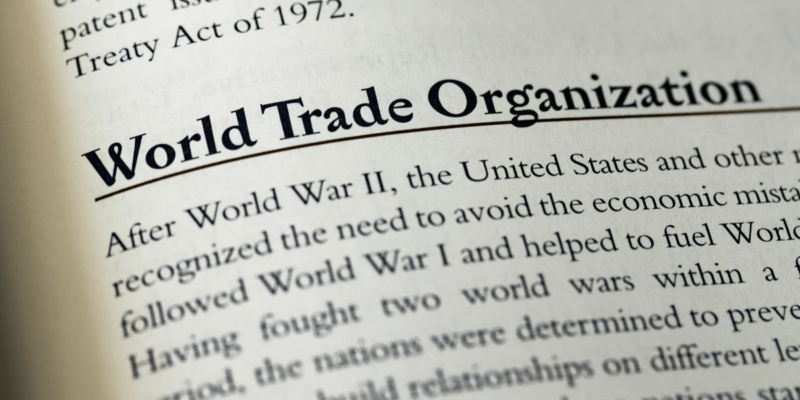Independence: A Millennium of Struggle and Triumph
Vietnam’s enduring spirit of independence, deeply ingrained in its culture and history, is commemorated in every city through the ubiquitous Hai Ba Trung Streets, named after the Trung sisters. These sisters heroically led a revolt against Chinese rule in 40 AD, choosing death over subjugation when their rebellion was suppressed. This fierce resistance to assimilation by China, despite adopting many aspects of Chinese civilization, underscores a profound national identity that fiercely opposed overt domination. Even after a millennium under Chinese rule, marked by unyielding insurgencies and brutal reprisals, Vietnam’s fight for sovereignty persisted until the pivotal battle on Bach Dang River, which decisively ended Chinese dominance.
Resisting Global Conquerors: From Kublai Khan to Colonial Powers
Vietnam’s resolve in safeguarding its autonomy didn’t wane with the Chinese. The nation faced and repelled invasions from various directions, including the formidable forces of Kublai Khan. Remarkably, Vietnam was among the few nations, alongside Egypt, to successfully defy the Mongol invasions in the 13th century. Despite these victories, a subsequent Chinese invasion, bolstered by Champa support, temporarily subdued Vietnam due to its weakened defenses post-conflict. However, the Vietnamese, led by Le Loi’s guerrilla warfare, soon reclaimed their land, reflecting a recurring theme of resilience and strategic military prowess.
The Fall of Champa and Vietnamese Non-expansionism
The narrative of Vietnam’s struggle for independence also encompasses the history of the Champa Kingdom. Once a thriving maritime empire from the second century AD, Champa eventually succumbed to Vietnamese forces in the 15th century after prolonged conflicts. Unlike many historical empires, Vietnam showed little interest in expansionism, even when military might was on its side. The integration of Champa territories into Vietnam stands as a rare instance of Vietnamese territorial expansion.
Historical Lessons and Modern Reflections
Vietnam’s rich history of resistance offers profound lessons. The French and American failures in Vietnam might have been anticipated had they considered Vietnam’s historical defiance against superior powers. Even China’s failed attempt to invade Vietnam in 1979 underscores the enduring Vietnamese capacity to defend its sovereignty against larger powers, a testament to its strategic and resilient military heritage.
Reverence for National Heroes
The reverence for national heroes like the Trung Sisters, Le Loi, Ngo Quyen, and Tran Hung Dao transcends mere remembrance. These figures embody the virtues of heroism and independence, serving as both inspiration and a moral benchmark for the Vietnamese people. Unlike in the West, where historical military figures might be overlooked, in Vietnam, these heroes are venerated in temples across the nation, reflecting their integral role in the collective national identity.
Embracing Peace and Reconciliation
Despite its tumultuous history marked by relentless warfare, Vietnam today is a testament to the values of peace and reconciliation. Many foreigners, particularly from nations once at war with Vietnam, are often surprised by the warmth and forgiveness extended to them. This openness reflects not a forgetfulness of the past but a deliberate choice to embrace peace, underscoring Vietnam’s treasure beyond all others: its hard-won independence and sovereignty.

